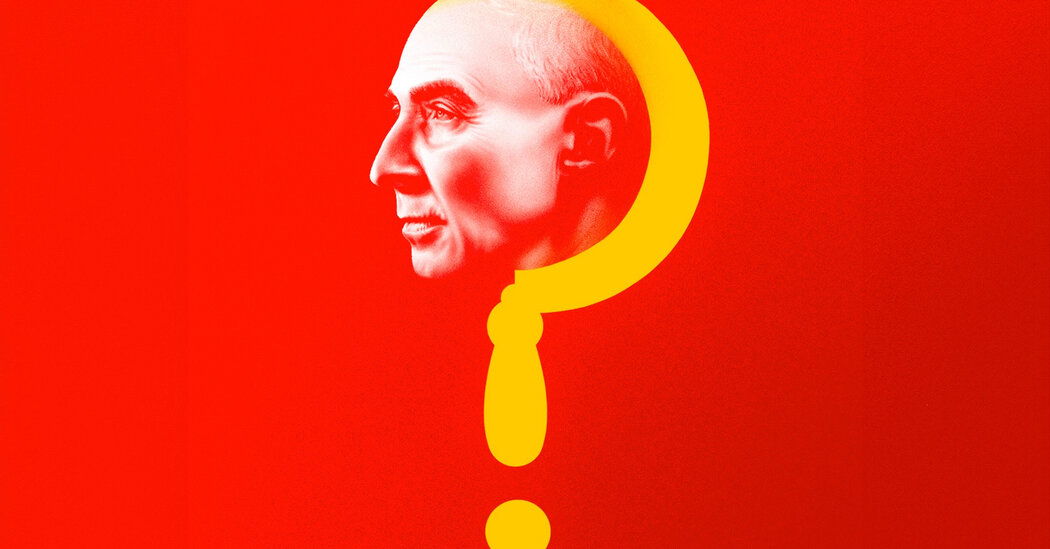J. Robert Oppenheimer teemed with contradictions. He was shy and bold, naïve and brilliant, a loyal husband who cheated, a gentle man whose bomb could kill millions.
That he loved quantum physics may be no accident. The field holds that some basic phenomena of the material world have opposing features that cannot be observed simultaneously, such as wave and particle behavior. Oppenheimer had a deep affection for these irreconcilable pairs. He called them “the nature of the surprise, of the miracle, of something that you could not figure out.”
In a universe of contradictions, the physicist himself grew famous as an American hero and infamous as a red sympathizer. The question of his true loyalties rang alarms 80 years ago as the Federal Bureau of Investigation probed Oppenheimer’s Communist past — and is now — surprisingly — gaining new attention.
This fall, months after Christopher Nolan’s “Oppenheimer” won seven Oscars, the Journal of Cold War Studies, a quarterly publication of Harvard University, is revisiting the Oppenheimer case.
Four historians argue that the physicist was not just a Communist ally but a full-blown member of a secret Berkeley unit who ultimately perjured himself in a federal hearing that had dug into his past. As evidence, they cite a substantial body of letters, memoirs and espionage files, some postdating the movie’s source material.
“Historians have to go where the evidence takes them,” said Gregg Herken, who leads the reassessment and is emeritus professor of history at the University of California.
